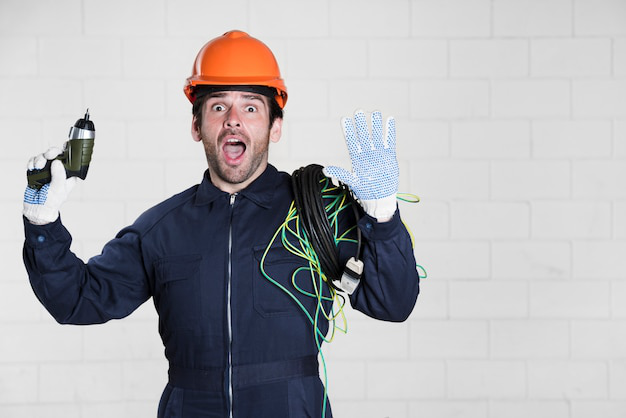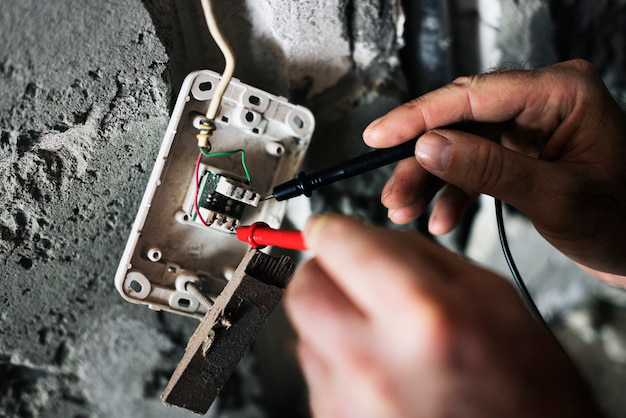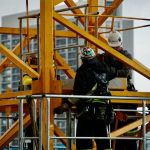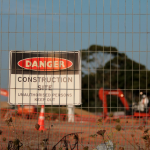Electrical hazards are a constant threat on construction sites, and New York City is no exception. Every year, workers across the country are injured or even killed due to electrical dangers. However, by following proper electrical safety protocols outlined in DOB Chapter 33, these incidents can be prevented.
This guide serves as a reminder to all construction professionals in NYC about the importance of electrical safety and the best practices to keep yourself and your crew safe.
Understanding Electrical Hazards
Electrical hazards come in many forms on a construction site. Some of the most common include:
- Exposed wiring:Damaged cords, outlets, or junction boxes can leave live wires exposed, posing a serious risk of shock.
- Overhead power lines:Cranes, scaffolding, and other equipment can come into contact with overhead power lines, resulting in severe injury or death.
- Faulty equipment:Using defective electrical tools or extension cords can lead to malfunctions and potential shock hazards.
- Grounding issues:Improper grounding of electrical equipment can create a path for current to flow through a worker’s body.
Following DOB Chapter 33 for Electrical Safety
DOB Chapter 33 lays out a comprehensive set of regulations designed to safeguard construction workers from electrical hazards. Here are some key points to remember:
- Qualified Electricians:Only qualified electricians should perform electrical work on a construction site. These professionals have the training and experience to handle electrical systems safely.
- Grounding and Bonding:All electrical equipment must be properly grounded and bonded to prevent accidental shocks.
- GFCI Protection:Ground Fault Circuit Interrupters (GFCIs) should be used on all construction sites to automatically shut off power in case of a ground fault, minimizing the risk of shock.
- Visual Inspections:Regularly inspect electrical cords, tools, and equipment for any signs of damage or wear. Defective equipment should be removed from service immediately.
- PPE:Wear appropriate Personal Protective Equipment (PPE) when working near electrical hazards. This may include insulated gloves, boots, and hard hats.
- Proper Use of Extension Cords:Use only heavy-duty extension cords rated for the job and avoid overloading them.
- Hazard Awareness Training:All construction workers should receive comprehensive training on electrical safety hazards and proper safety protocols.
Remember: Safety is a shared responsibility. By working together and following these guidelines, construction companies, electricians, and workers can create a safer environment for everyone on the job site.
Beyond DOB Chapter 33: Additional Safety Tips
- Never work on wet surfaces:Water conducts electricity, significantly increasing the risk of shock.
- Communicate clearly:Before starting any work near electrical lines, ensure clear communication with utility companies to identify potential hazards.
- Be aware of your surroundings:Always stay alert and pay attention to potential electrical dangers in your work area.
- Report unsafe conditions:If you observe any unsafe electrical conditions, report them to your supervisor immediately.
Don’t compromise on safety! RC Safety Inc., offers construction site safety services in NYC, provides comprehensive safety programs and training led by experienced health safety consultants. Contact us today for a free consultation and ensure your project prioritizes safety from the start.






